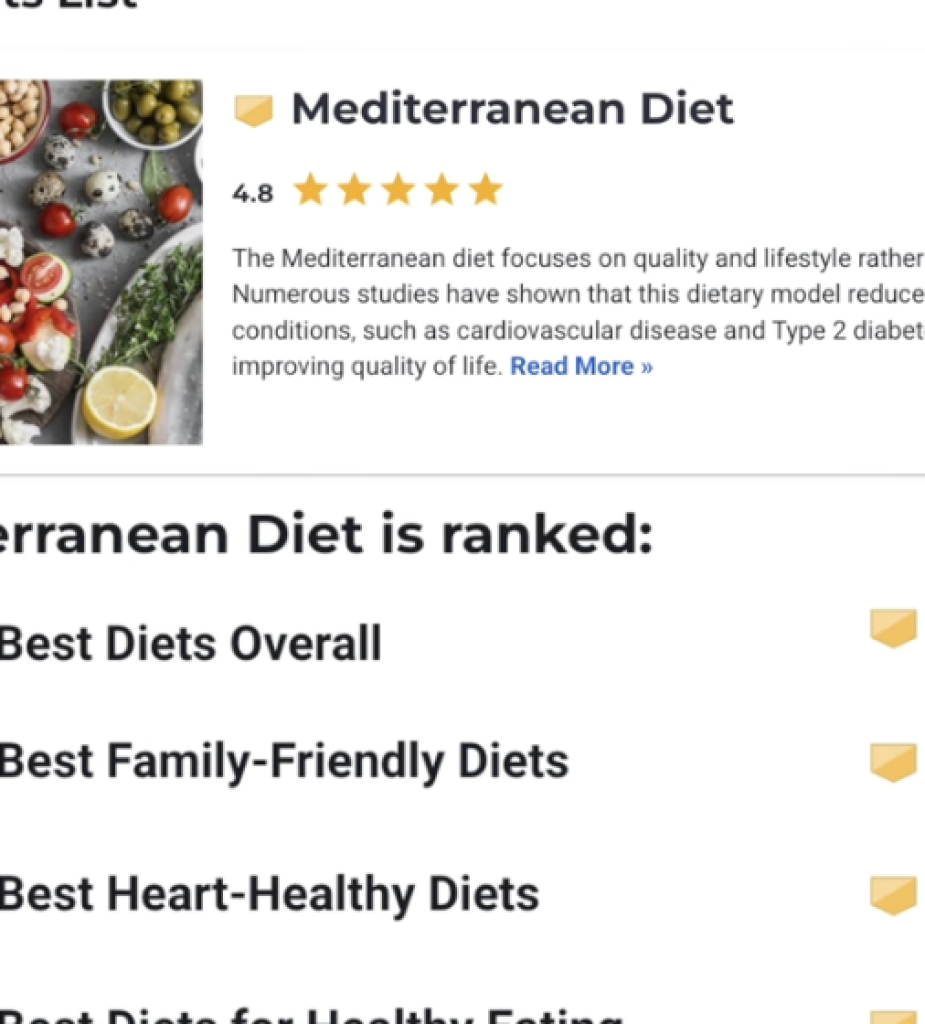Be Good To Your Stomach

Our stomach is one of the parts of the body that receives the harshest treatment and the least appreciation.
Think about it. When is the last time you were really thankful that your stomach was working properly?
Perhaps it takes seeing a friend or family member who has a rough stomach to make us really grateful for our stomach health. But it shouldn’t. We should treat our stomachs with care so they can do their job well without causing us pain.
Being good to your stomach can be simple. Maybe you are already making wise choices for your stomach, or you will have to make severe lifestyle changes to really be good for your stomach. Whatever it requires, you should commit to being good to your stomach from this point forward.

What does it mean to be good to your stomach? Basically, to be good to your stomach means watching the things you put into it and the things you do. Surely everyone has experienced the pain of eating a meal that is too spicy, greasy, or too full of acid. Our stomachs do so much in the process of breaking down our food choices. Many times our stomachs are able to cover up some of our eating “sins,” but other times they let us know that we have made a poor choice. I’m convinced that we owe it to our stomachs (not to mention to the rest of our bodies) to make healthy eating choices that are easy on our bodies and good for our health.

Take time to evaluate what you put into your body each day. Are you being kind or harsh? Do you notice any patterns that could be harmful to your digestive system? If so, consider making changes. You have only one stomach, and it deserves your utmost attention and care. Different stomachs have varying levels of tolerance for spices, acids, and foods. You might not be able to eat everything that your neighbor or even your spouse can enjoy. It is important that you learn, if you haven’t already, what is good for you and stick with it.
Learning to eat based on your stomach’s reaction is great because you will make good choices for your stomach and the rest of your body. What is good for your stomach will likely benefit your body and your overall health. So be intentional about what you eat and drink, and don’t hesitate to pass up things that aren’t good for you or your stomach.
Let’s delve into some fantastic examples of probiotics and prebiotics to uncover how they can boost gut health!
Our digestive system plays a vital role in our overall health and wellbeing, and yet it is often neglected. From gastrointestinal disorders to gut dysbiosis (an imbalance of bacteria in the gut), digestive issues can significantly impact our daily lives. Therefore, it is essential to prioritize our digestive health by following a few simple steps to maintain a healthy gut.
First, we must ensure that we consume a balanced diet. A fiber-rich diet, healthy fats, protein, and various fruits and vegetables promote good digestion and improve gut health. Fiber-rich foods help move food through the digestive tract, preventing constipation and promoting healthy stool. Additionally, vegetables and fruits provide necessary vitamins and minerals that nourish gut bacteria, which is critical for overall digestive health.
Drinking plenty of water is also fundamental for digestive health. Water helps break down food and encourages bowel movements. Dehydration can lead to constipation and other digestive problems, so staying hydrated throughout the day is essential.
Incorporating probiotics and prebiotics into our diets can also improve gut health. Probiotics are “good” bacteria that help balance gut flora, while prebiotics are indigestible fibers that nourish these bacteria. Probiotics can be found in fermented foods like yogurt, kefir, and kimchi, while prebiotics can be found in foods like garlic, onions, and apples.
Reducing stress also plays a crucial role in digestive health. When we are stressed, our digestive system may not function correctly, leading to gastrointestinal problems like nausea or diarrhea. Therefore, implementing stress-management techniques like meditation and exercise can help reduce stress and promote gut health.
Finally, we must avoid unhealthy habits that can harm our digestive system. Smoking, excessive alcohol consumption, and consuming too many processed and fatty foods can damage the gastrointestinal tract, leading to various digestive problems. Thus, avoiding unhealthy habits can significantly improve gut health.
In conclusion, digestive health is essential for overall wellbeing. A balanced diet, staying hydrated, consuming probiotics and prebiotics, reducing stress, and avoiding unhealthy habits are all crucial steps that can help maintain good digestive health. By following these simple steps, we can be good to our stomachs and lead healthier, happier lives.











BREAKFAST BURRITO MEAL PREP | Freezer Burritos For The Whole Month! | Jordan Cornwell
Ebola didn’t just disappear… It still kills today massively at an alarming rate…
7 POWERFUL Ways To Improve Your Appearance
The Benefit of a Mental Breakdown – Joe Rogan & Duncan Trussell
INSANE 7 MINUTE AT HOME WORKOUT